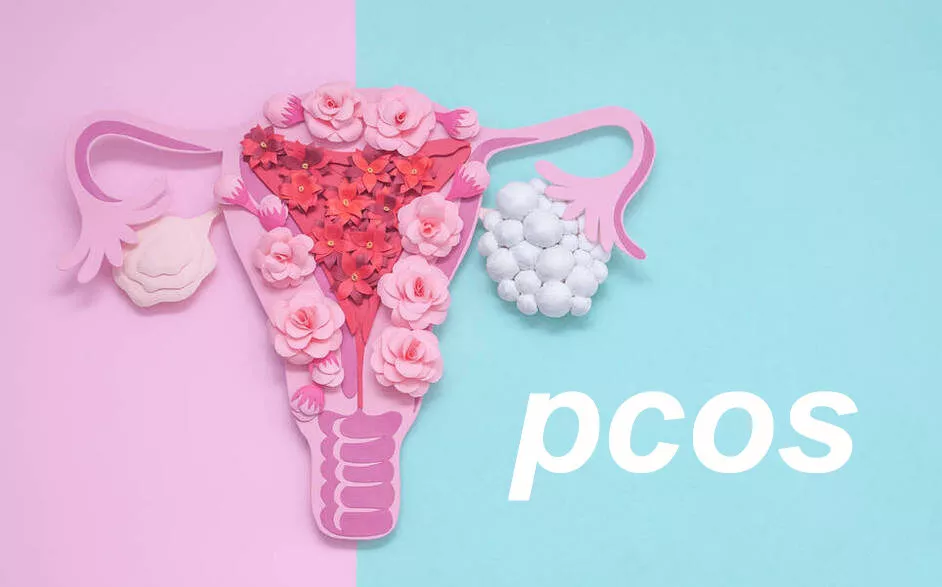Pregnancy is a remarkable journey filled with anticipation, joy, and numerous physical changes. Amidst the excitement of bringing new life into the world, the importance of maintaining a healthy lifestyle becomes paramount. Contrary to traditional beliefs, exercise can be a beneficial and safe practice during pregnancy, offering a plethora of advantages for both the expectant mother and her growing baby.
Benefits of Exercising During Pregnancy
- Physical Fitness: Engaging in regular exercise can help improve cardiovascular health, increase stamina, and maintain muscle strength. A fit body can better cope with the physical demands of pregnancy and childbirth.
- Emotional Well-being: Pregnancy is often accompanied by hormonal changes that can lead to mood swings and emotional ups and downs. Exercise triggers the release of endorphins, the body's natural mood enhancers, promoting feelings of happiness and reducing stress and anxiety.
- Gestational Weight Management: Gaining a healthy pregnancy amount of weight during pregnancy is essential for the well-being of both the mother and the baby. Regular exercise can help manage weight gain by burning calories and improving metabolic efficiency.
- Improved Sleep: Many pregnant women struggle with sleep disturbances. Regular exercise can help regulate sleep patterns and improve sleep quality, leading to better rest and rejuvenation.
- Reduced Risk of Gestational Diabetes: Gestational diabetes is a condition that can develop during pregnancy and may have health implications for both the mother and the baby. Regular exercise can help regulate blood sugar levels and reduce the risk of developing gestational diabetes.
- Preparation for Labor: Certain exercises, such as pelvic floor exercises and squats, can help strengthen the muscles used during labor and delivery. A strong pelvic floor can aid in pushing during the second stage of labor and contribute to a smoother childbirth experience.
Guidelines for Exercising During Pregnancy
- Consult Your Healthcare Provider: Before embarking on an exercise routine during pregnancy, it's imperative to consult your healthcare provider. Your doctor can assess your individual health status, medical history, and any potential risk factors to provide personalized recommendations.
- Choose Safe Activities: Opt for low-impact exercises that are gentle on the joints, such as walking, swimming, stationary cycling, and prenatal yoga. Avoid activities with a high risk of falls or trauma to the abdomen.
- Stay Hydrated: Pregnancy increases the body's need for hydration. Drink plenty of water before, during, and after exercise to prevent dehydration, which can affect both you and your baby.
- Monitor Intensity: Aim for moderate-intensity workouts that allow you to carry on a conversation comfortably. Avoid exercises that cause breathlessness, dizziness, or excessive fatigue.
- Warm Up and Cool Down: Before starting your exercise routine, engage in a gentle warm-up to prepare your body for activity. Afterward, cool down with stretching to promote flexibility and prevent injury.
- Avoid Overexertion: Pregnancy is not the time to set personal records or push yourself to the limit. Listen to your body and modify or stop exercises if you experience discomfort, pain, or exhaustion.
- Pay Attention to Body Changes: As your pregnancy progresses, your body undergoes various changes. Modify exercises that become uncomfortable or put a strain on your changing body. Keep in check for healthy food for pregnancy that is required to maintain the food intake.
- Pelvic Floor Exercises: Include pelvic floor exercises, also known as Kegels, in your routine. These exercises strengthen the pelvic floor muscles, which can prevent urinary incontinence and support the uterus, bladder, and rectum.
- Breathing and Posture: Focus on proper breathing techniques and maintain good posture during exercise. Breathing deeply and maintaining correct alignment can enhance oxygen flow and prevent strain.
- Regularity Over Intensity: Consistency is key. Aim for regular, shorter bouts of exercise rather than sporadic intense workouts. This approach helps maintain fitness and reduces the risk of injury.
Exercises To Avoid During Pregnancy
During pregnancy, certain exercises should be avoided to ensure the safety and well-being of both the mother and the developing baby. High-impact activities, such as running or jumping, pose a risk of falls and can strain the joints and ligaments due to the changes in the body's center of gravity. Contact sports and activities that carry a risk of trauma to the abdomen, like kickboxing or horseback riding, should also be avoided.
Exercises that require lying flat on the back should be omitted after the first trimester, as this position can compress the vena cava, a major blood vessel, potentially reducing blood flow to the baby. Activities that involve deep twists or movements that cause discomfort in the abdomen area are best avoided to prevent undue stress on the growing baby.
Additionally, scuba diving should be completely avoided during pregnancy due to the risk of decompression sickness and potential harm to the baby's development. Activities at high altitudes can also impact oxygen levels, affecting both the mother and the baby.
It's crucial to prioritize safety and consult with a healthcare provider before engaging in any exercise routine during pregnancy. By avoiding these specific exercises and adhering to professional advice, expectant mothers can promote a healthy and safe pregnancy journey.
Exercising during pregnancy can be a positive and rewarding experience, contributing to physical and emotional well-being. By following the guidelines outlined above and seeking professional advice, expectant mothers can safely embrace an exercise routine that suits their unique needs and circumstances.
Aster Hospitals offers some of the best delivery hospital in Bangalore, which provide all the special care for an expecting mother. The expert team of healthcare professionals ensures the safety and comfort of both mother and baby, making us the best destination for a memorable and seamless childbirth journey. From advanced medical technology to a supportive and nurturing environment, Aster Hospitals sets the standard for excellence in maternity care.
Remember that each pregnancy is different, so it's essential to listen to your body and make adjustments accordingly. The benefits of exercising during pregnancy extend beyond the nine months, promoting a healthier pregnancy, smoother labor, and faster postpartum recovery. With safety as a priority, the path to a fit and healthy pregnancy is well within reach.











